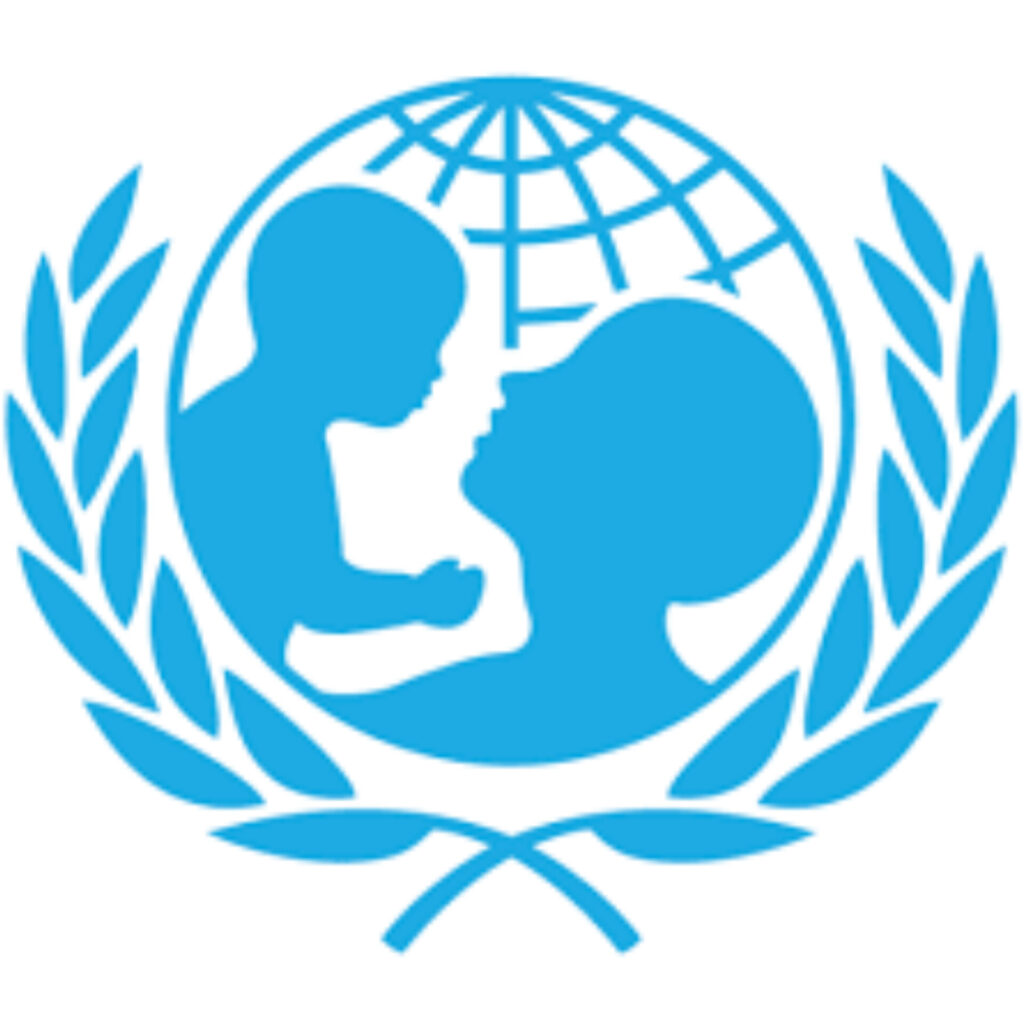***As Stakeholders move to Strengthen MNCHW in Nigeria Focusing on Nutrition
UNICEF, in partnership with Nutrition International and other organizations, has reaffirmed its commitment to supporting Nigeria’s efforts in improving Maternal, Neonatal, and Child Health (MNCH).
During a training on use revised MNCHW monitoring tool
in Abuja on Wednesday, UNICEF’s Nutrition Officer, Yadika Charles explained how the organization is collaborating with the National Primary Health Care Development Agency (NPHCDA) and the Federal Ministry of Health to enhance health monitoring systems and strengthen critical interventions.
The initiative he said brought together state nutrition officers, M&E experts, and independent monitors to assess and refine tools and approaches for tracking MNCHW interventions. According to Charles, the goal is to “standardize and improve the monitoring process,” ensuring effective service delivery at the grassroots level.
According to him, Nutrition plays a pivotal role in MNCH services, particularly during MNCH week, where interventions like vitamin A supplementation, child deworming, and micronutrient support for pregnant women are provided. Charles highlighted the significance of the activities, saying, “These nutrition interventions are foundational to maternal and child health services, especially at the primary healthcare level.”
Reflecting on the progress made over the years, Charles noted improvements in child and maternal health indicators since 2000. “While challenges remain, there has been a notable rise in the utilization of services, driven by MNCH weeks that raise public awareness and encourage more people to access available health services,” he said.
Charles emphasized UNICEF’s role as a partner in progress, explaining that the organization’s primary responsibility is to support the Nigerian government. “We work alongside the government, filling technical gaps, providing financial support where possible, and strengthening capacity,” he said. He also stressed UNICEF’s commitment to accountability, stating that independent monitoring, often funded by UNICEF, helps identify areas for improvement in service delivery.
This collaboration he said highlights UNICEF’s dedication to working with the Nigerian government to create a sustainable impact on maternal and child health, ensuring that essential health services reach communities across the country.
The National Primary Health Care Development Agency (NPHCDA), led by Dr. Ogeichi Akalonu reiterated the importance of the Maternal, Newborn, and Child Health (MNCH) Week as part of efforts to improve healthcare outcomes for women and children across Nigeria.
Speaking at the meeting in Abuja, Dr. Akalonu highlighted the significance of the biannual event, which takes place every May and November, to increase access to essential health services and life-saving commodities.
MNCH Week aims to address key health issues, focusing on improving maternal and child health through integrated healthcare interventions. According to Dr. Akalonu, one of the key drivers of MNCH Week is nutrition. “Nutrition is at the core of the MNCH Week intervention. Commodities like vitamin A, multiple micronutrient supplementation for pregnant women, albendazole for deworming, and zinc ORS for diarrhea management are all integral to the health improvements we aim for,” she stated.
Dr. Akalonu explained that MNCH Week not only provides essential health services but also works to improve household health practices, community engagement, and awareness.
She stressed that while the initiative covers a wide range of health services, the nutrition interventions form the backbone of the program, ensuring that women and children receive the necessary nutrients to survive and thrive.
Dr. Akalonu spoke about the challenges Nigeria faces in reaching every community with these life-saving services. “Given Nigeria’s vast size and diversity, reaching remote and underserved populations requires targeted planning and coordination. We ensure that we work closely with local communities, the World Development Committees, and rural health providers to address their unique needs and ensure that essential health services, including nutrition support, are delivered,” he said.
On the impact of the MNCH Week, Dr. Akalonu acknowledged that while challenges persist, significant progress has been made. “Although we are not there yet, we have made strides in improving maternal and child health in Nigeria, particularly in terms of service utilization. The MNCH Week has contributed to raising awareness, and we are working tirelessly to ensure even greater access to these critical services,” he added.
In addressing the critical role of partners, Dr. Akalonu emphasized the contributions of international organizations like UNICEF and Nutrition International, which have been key in providing support and resources for the program. These organizations help supply essential commodities like vitamin A, iron folic acid, and albendazole, which are vital to the MNCH Week’s success. “These partners bring in-kind resources, which are essential in supplementing government efforts. They help fill the gaps and ensure that we are able to distribute the commodities to the last mile,” Dr. Kalon explained.
Looking forward, Dr. Akalonu called on the Nigerian government to increase its investment in nutrition and maternal health interventions. “The government must do more. We need to increase the budget allocation for nutrition programs and ensure timely distribution of resources. The new government is working towards better integration, but more funding is necessary to sustain and expand these efforts,” he said.
Dr. Akalonu concluded by emphasizing the importance of collaboration at all levels, particularly in addressing challenges such as expired products or logistical gaps in the distribution of health commodities. “Constant engagement, accountability, and political will are essential in making these programs work,” he stated.
As the MNCH Week continues to evolve, the NPHCDA remains committed to improving maternal, newborn, and child health outcomes, with nutrition playing a central role in these efforts.

